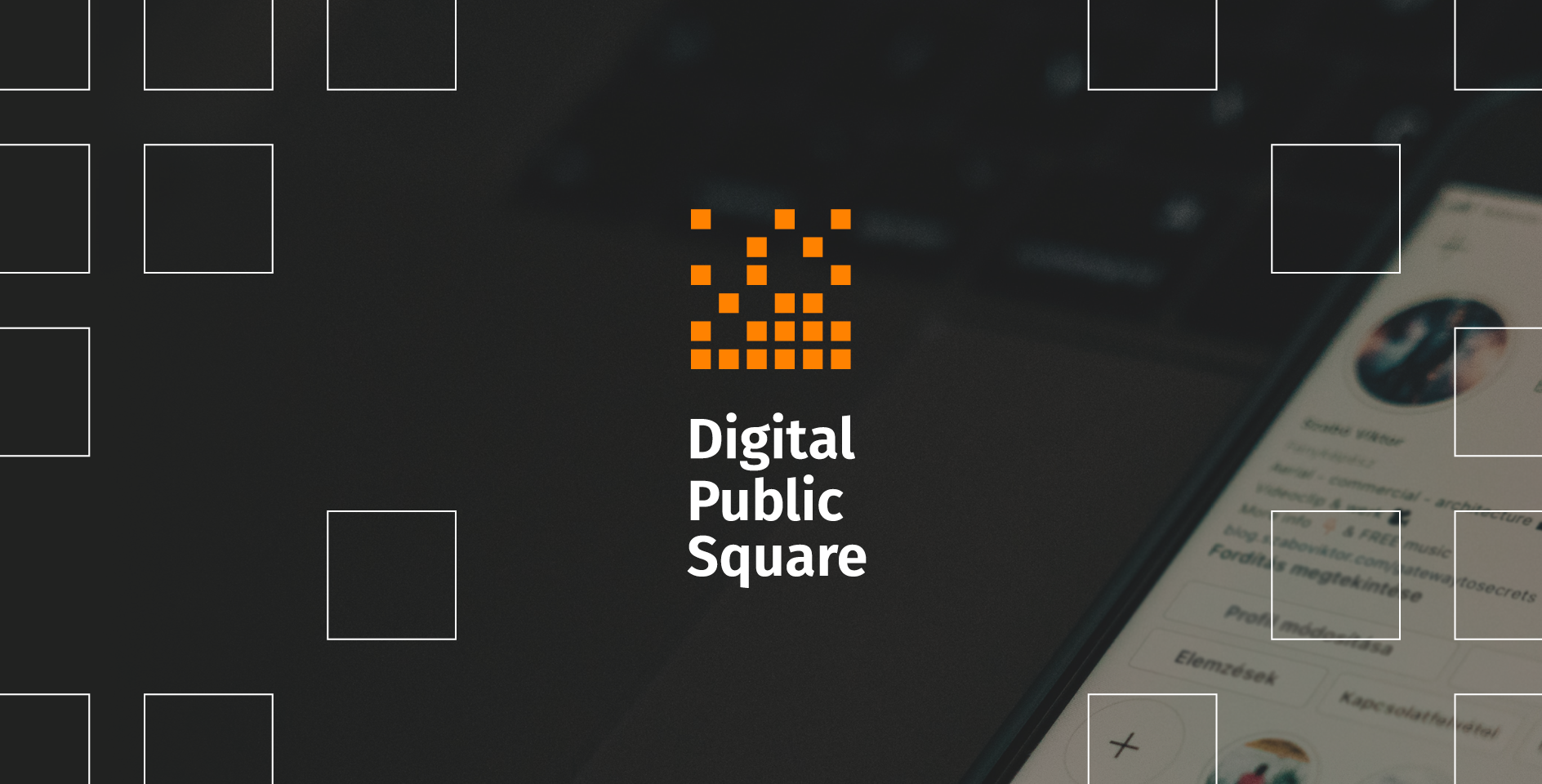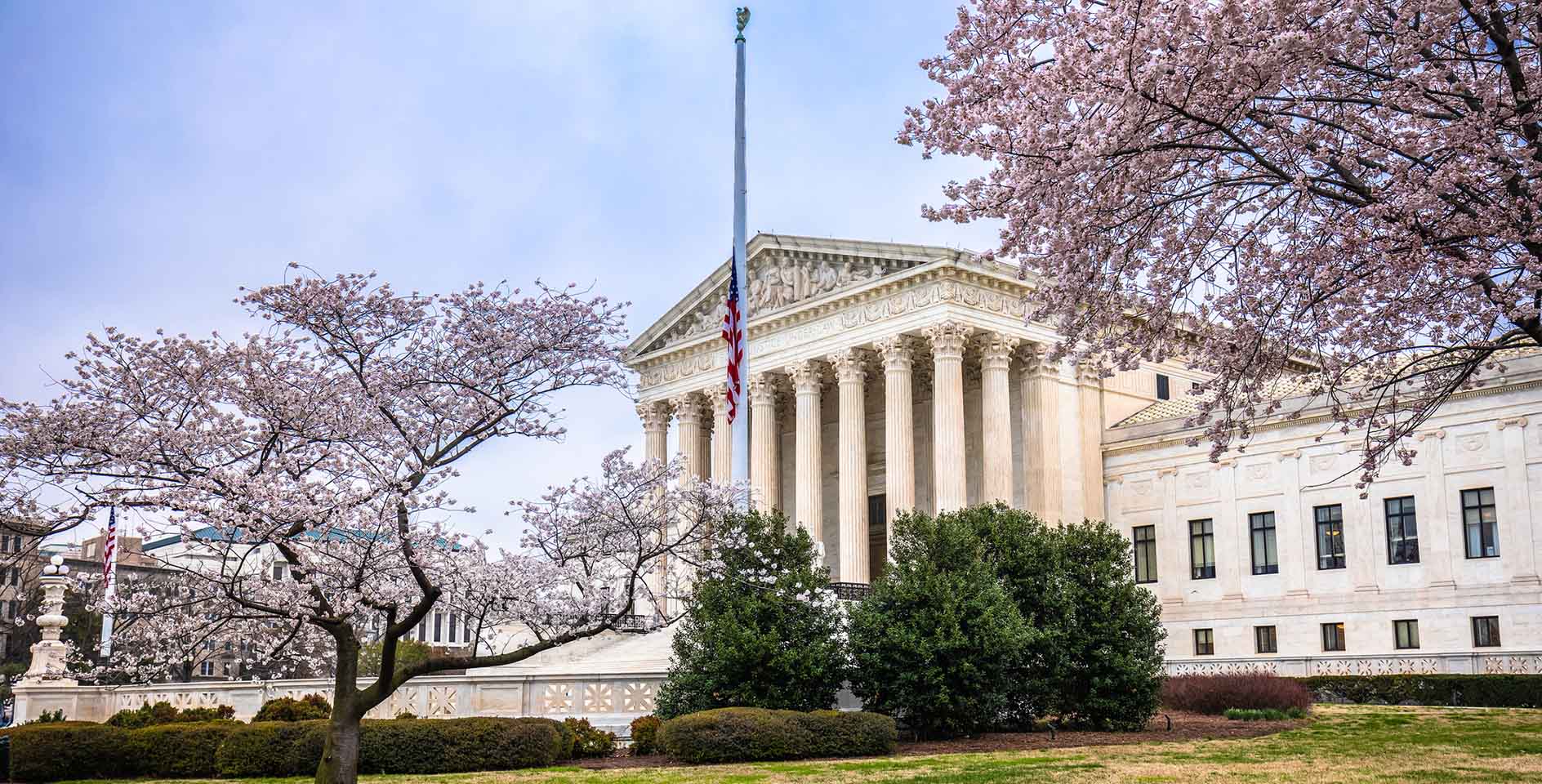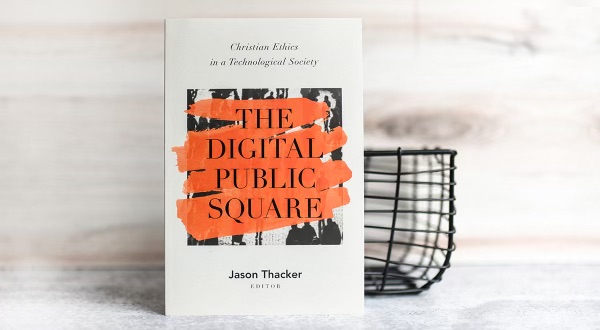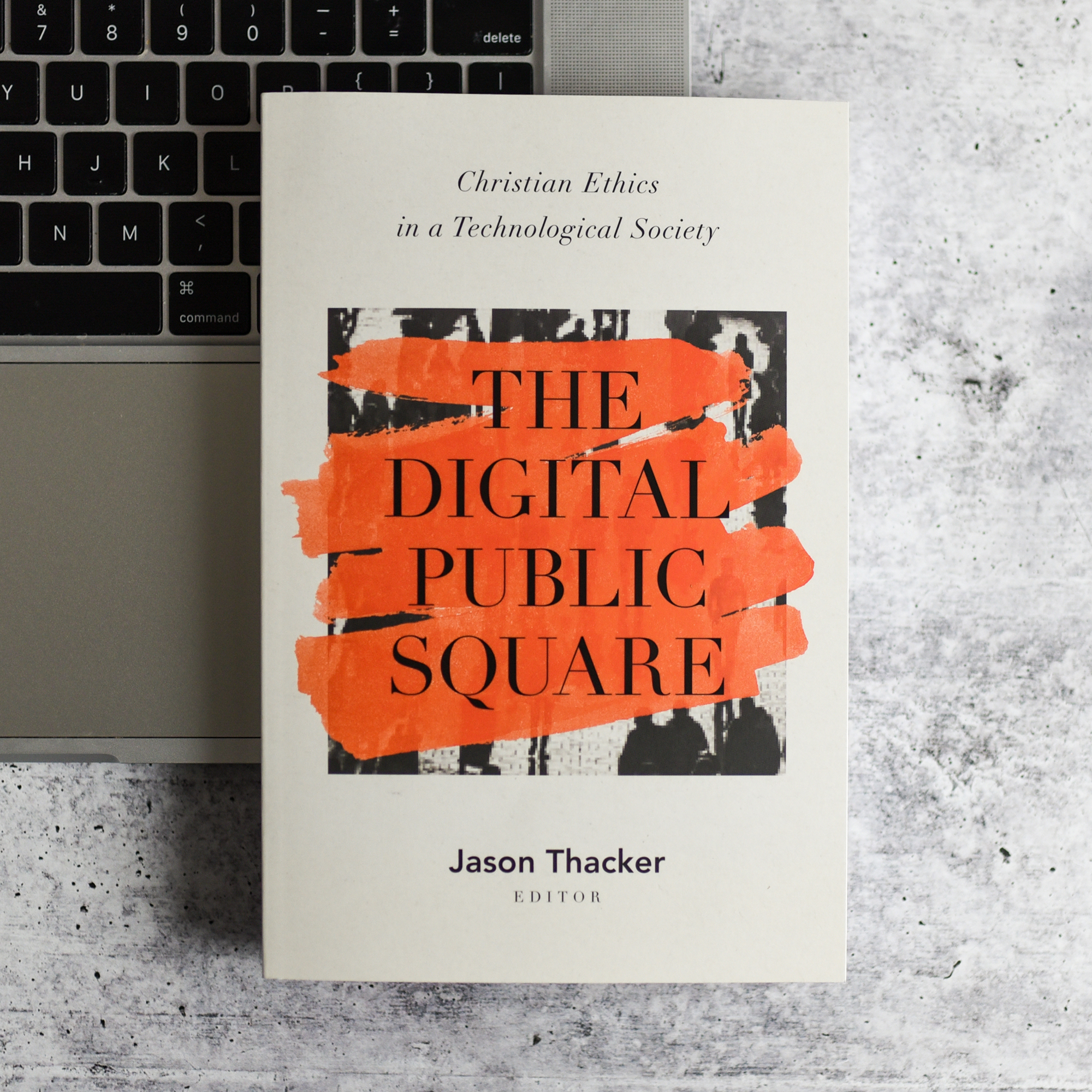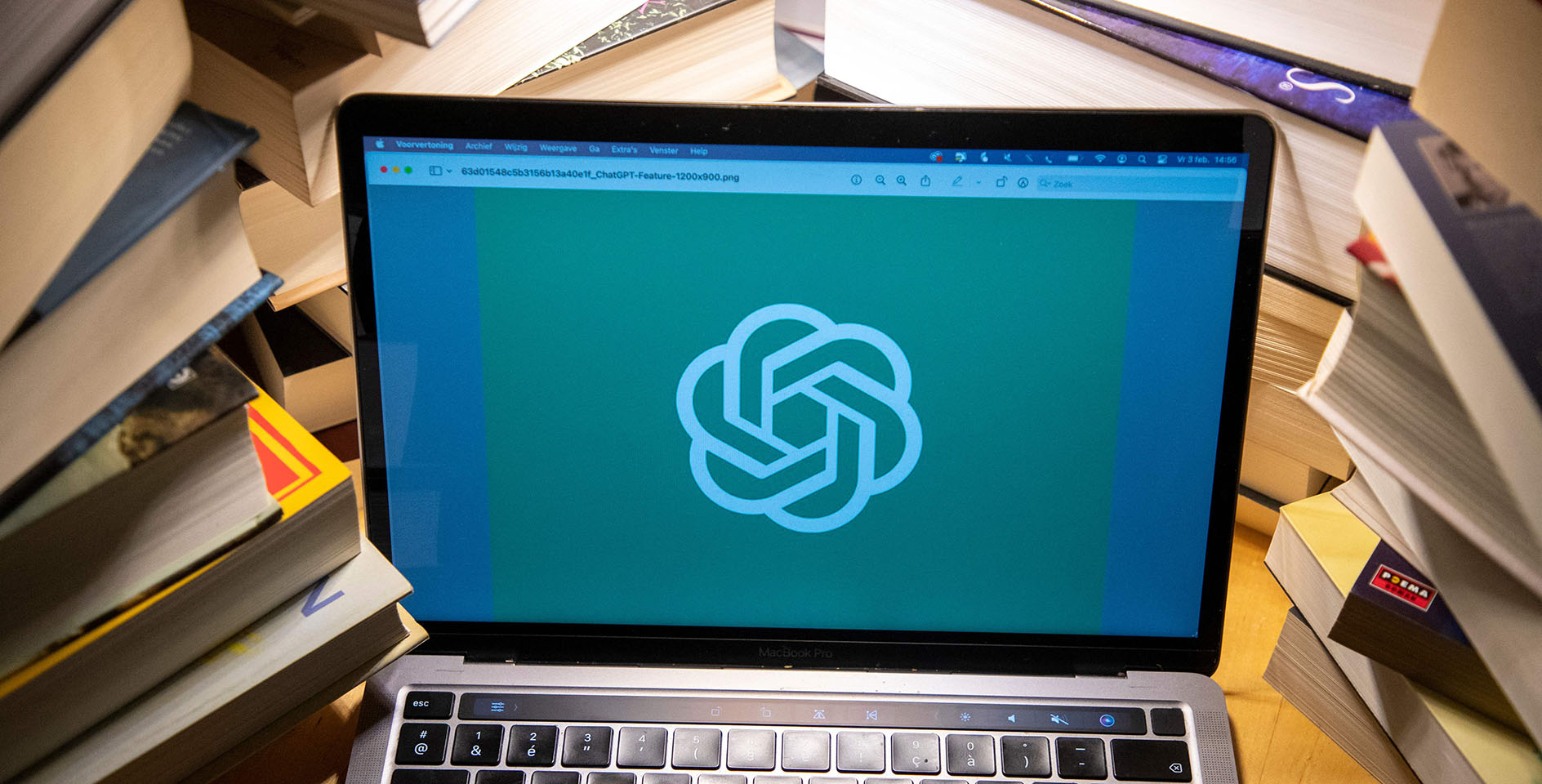My family lives just outside of a small town in Tennessee with a historic downtown district. Like many small towns throughout our nation, we have a downtown square that serves as a hub. In prior generations, these public squares were gathering places for everyone. People regularly traveled in from the outskirts of town to shop, eat, and do business. They would also come together for community events and to freely engage with one another. While many historic downtown public squares have been abandoned in light of the growth of suburbs, there is a renewed interest in revitalizing these historic neighborhoods and to provide a place for communities to gather once again — especially in a digital age that has led to increasing isolation.
These public gathering places serve as an apt metaphor for a period when much of our daily communication, commerce, and community are facilitated in the digital public square of social media and online connectivity. With the rise of the internet and various social media platforms — such as Facebook, Twitter, and TikTok, and massive online retailers and internet companies like Amazon and Google — these new digital public squares promised to bring about a vibrant era of connectivity and togetherness across distances, more diverse communities, and more access to information. Many of these initial promises were made in light of oppressive regimes throughout the world that stifled free speech, suppressed human rights, violated religious freedom, and limited access to information in order to maintain control over other human beings made in the very image of God.
Ethical challenges in the digital age
While technology has brought incredible benefits and conveniences into our lives, it also has led to countless unintended consequences and deep ethical challenges that push us to consider how to live out our faith in a technological society. Each day we are bombarded with fake news, misinformation, conspiracy theories, ever growing polarization, and more information than we could ever hope to process. We are regularly faced with challenges where wisdom and truth are needed, yet faith is not always welcomed in the public square and in the important debates over digital governance. In truth, technology has always been used and abused by those who seek to hold on to power and wield it to suppress free expression all around the world. But today, these threats seem more visceral and dangerous to our way of life than ever before.
One of the most challenging ethical issues of our day with technology is centered around the proper role of digital governance and the ethical boundaries of free expression in the digital public square. Many have recently begun to question the role of the technology industry over our public discourse, as well as the responsibilities of individuals, third-party companies, and even the role of the government in digital governance. While much of the dangerous, illegal, and elicit content is rightly moderated, questions remain as to what kind of ideas or speech are to be welcomed in the digital public square and how we’re to maintain various ethical boundaries as we seek to uphold free expression and religious freedom for all.
On one hand, our digital public squares are very public and have an incredibly diverse group of community members. But on the other hand, there is often immense pressure to conform to certain secular ethical principles that tend to push people of faith out of public conversations and debates simply based on their deeply held beliefs about God, the nature of humanity, and how we are to navigate these challenges to free expression and religious freedom.
A new research project
The complex nature of the questions surrounding ethics and religion in the digital age is exactly why I am excited to announce that the Ethics and Religious Liberty Commission is pioneering a new research project called the Digital Public Square. This project is designed to help provide the local church and the technology industry with thoughtful resources that will help everyone engage these important debates over digital governance and promote free expression as well as religious freedom for all. We seek to cast a robust vision for public theology and ethical engagement in a technological society — a vision grounded in a historical understanding of the role of the church in society and in the unchanging Word of God. While some believe that religion has no role to play in a modern society, we believe that our faith is central to how we engage these pressing issues and live faithfully in the digital age.
The Digital Public Square project will gather some of the best voices from across academia, journalism, public policy, think tanks, and most importantly, the local church to clarify the state of the digital public square and to cast a vision for Christian engagement in the areas of content moderation, online governance, and engagement with the technology industry as a whole. Just as Christians have sought to develop a robust public theology on matters of church and state relations for many generations, Christians must also think deeply about how God would call us to engage the challenges of technology and these companies that operate around the globe in vastly different cultural contexts. We will seek to answer questions surrounding the nature of free expression, the role of democratic values around the world, and best practices for cultivating a truly diverse digital society where people of faith are a vital part of these important conversations.
We will do so in a four-prong approach that will extend throughout 2021 and 2022. The project will include an in-depth report on the state of the digital public square, a set of guiding ethical principles for digital governance, and numerous resources for the local church to use in order to engage and bear witness to the gospel in the digital age. These resources will include two different book-length volumes: Following Jesus in a Digital Age with B&H Publishing, and The Digital Public Square: Ethics and Religion in a Technological Society from B&H Academic in 2022. The latter will feature contributions from 14 leading thinkers from across society addressing the pressing issues of digital governance, such as the nature of the public square, US and international technology policy, religious freedom, hate speech/violence, seuxality and gender issues, pornography and other objectionable content, misinformation, fake news, conspiracy theories, and the rise of global digital authoritarianism.
To learn more about the Digital Public Square project and to receive project updates, along with our weekly content on technology ethics, visit ERLC.com/digital.



